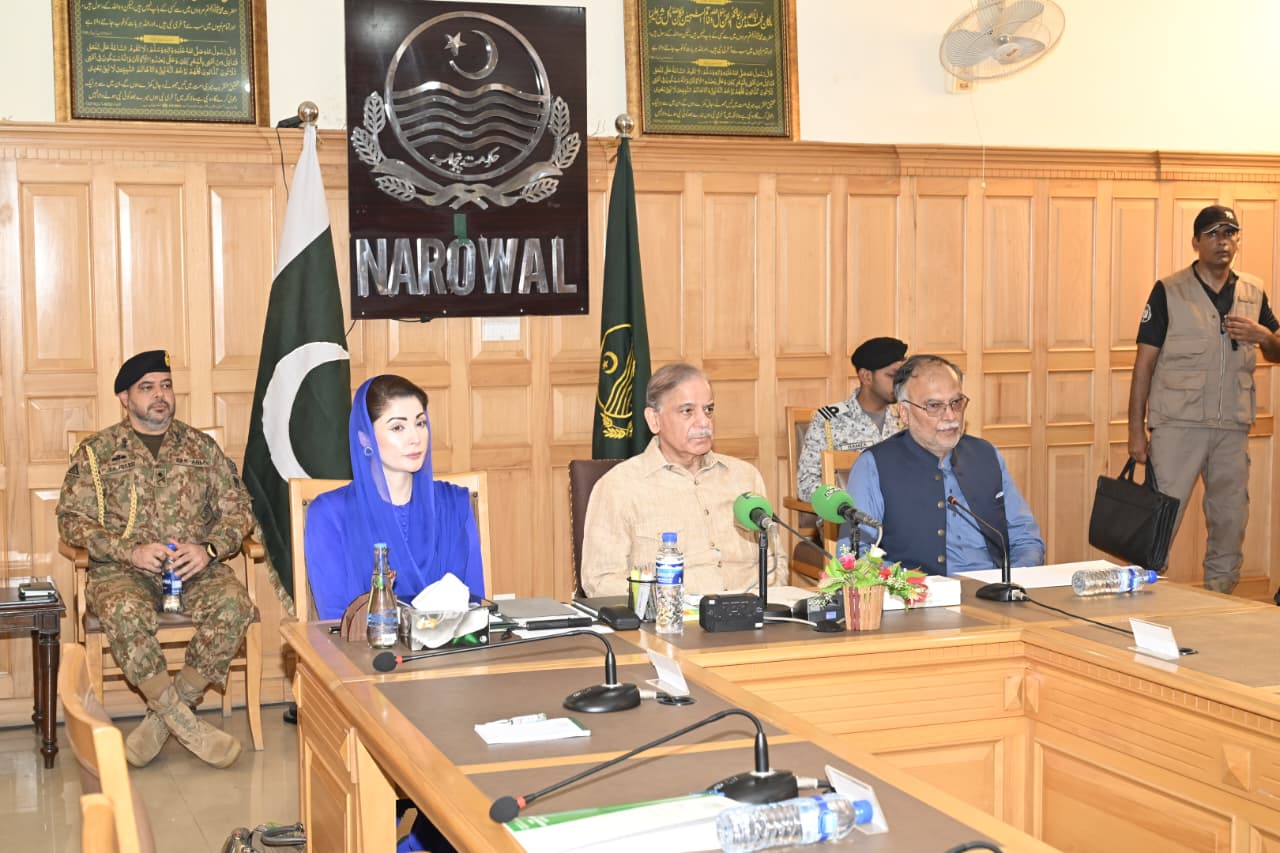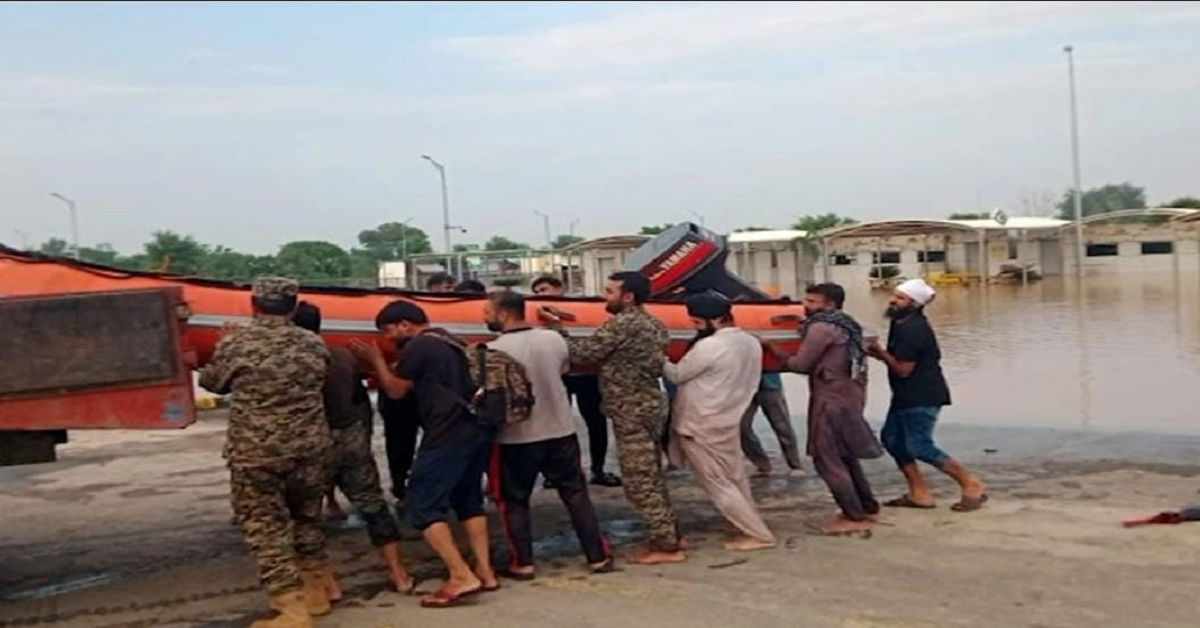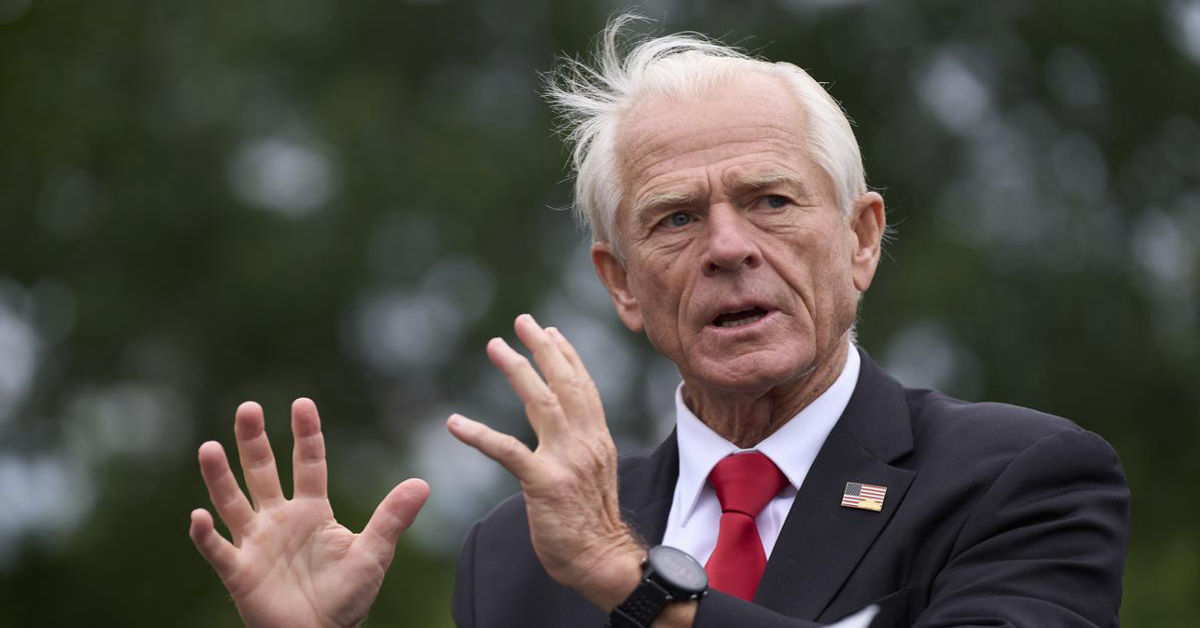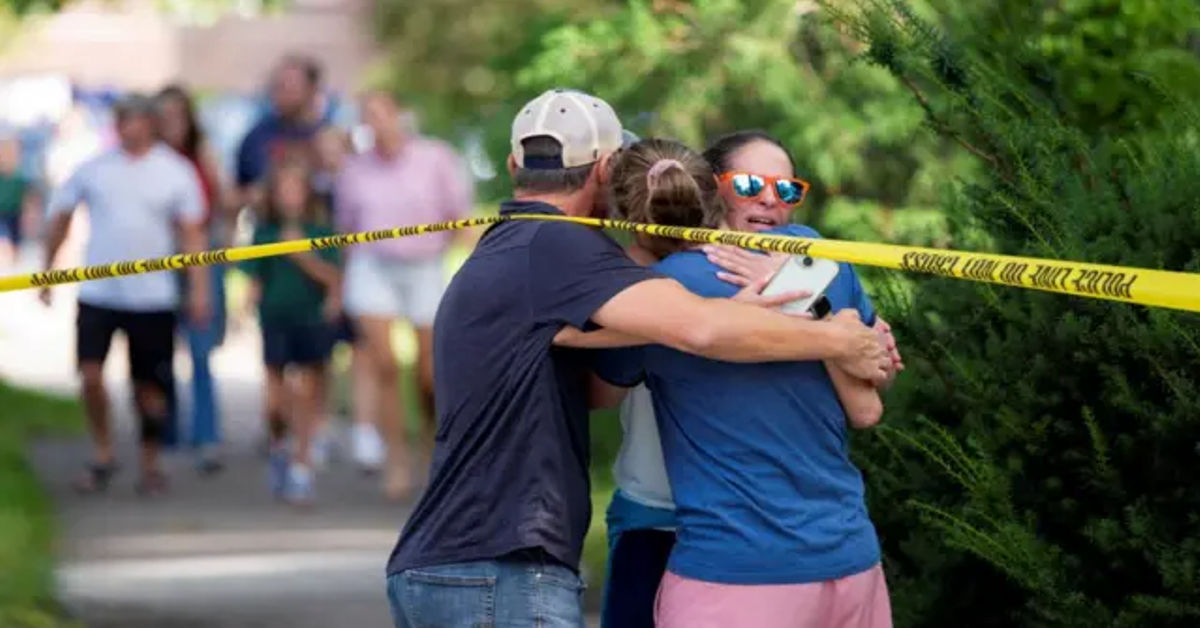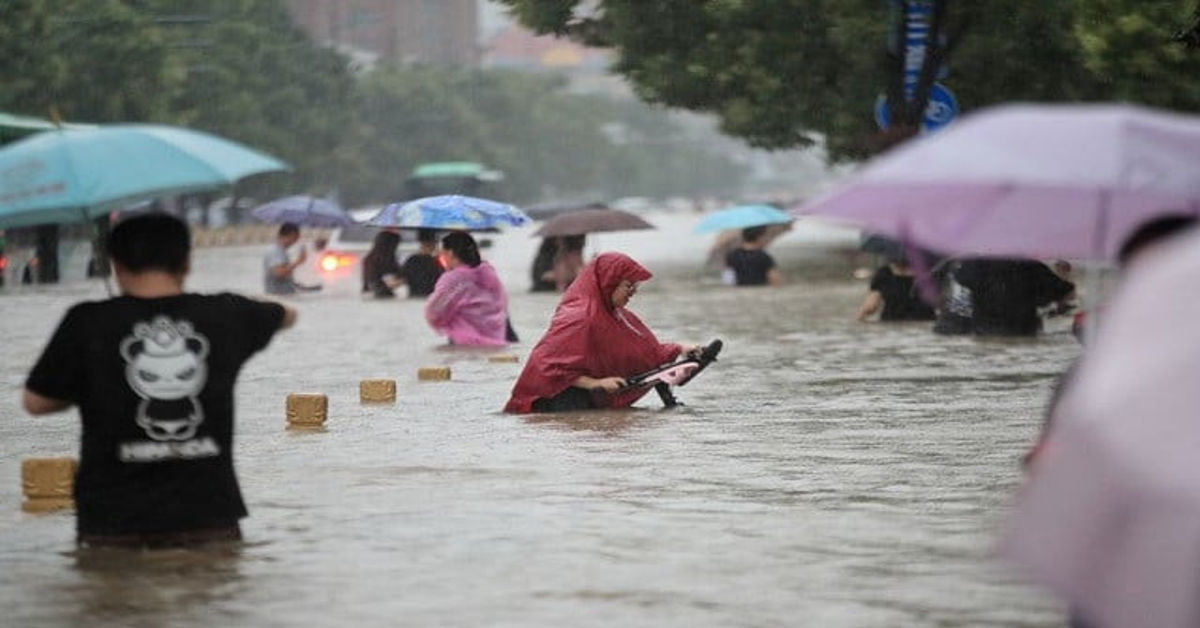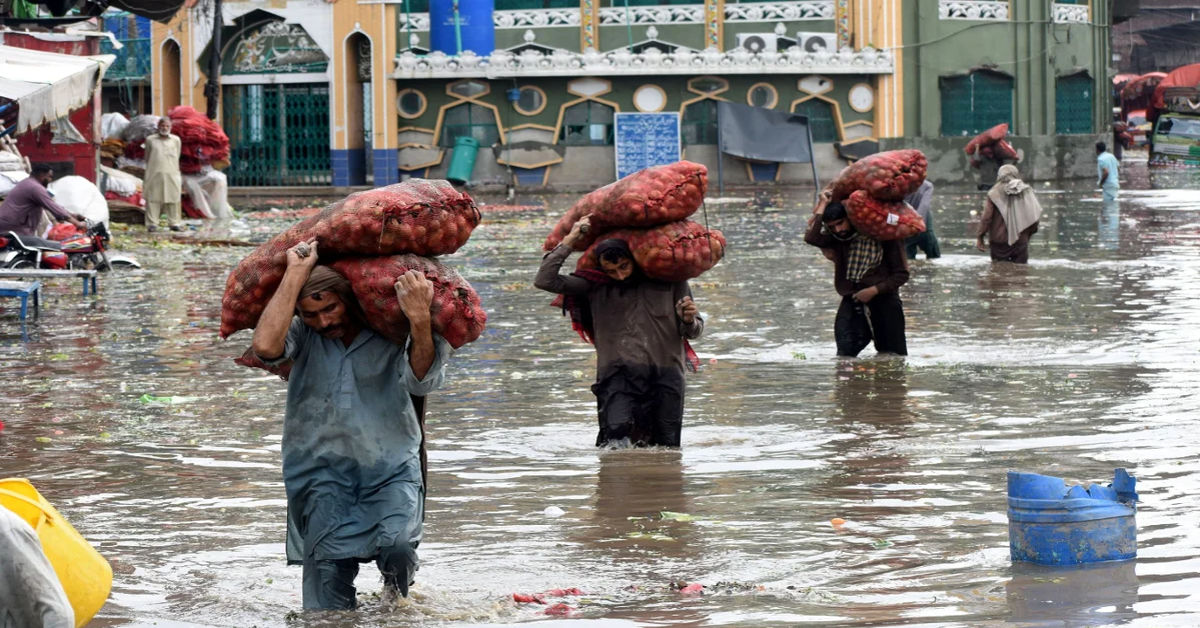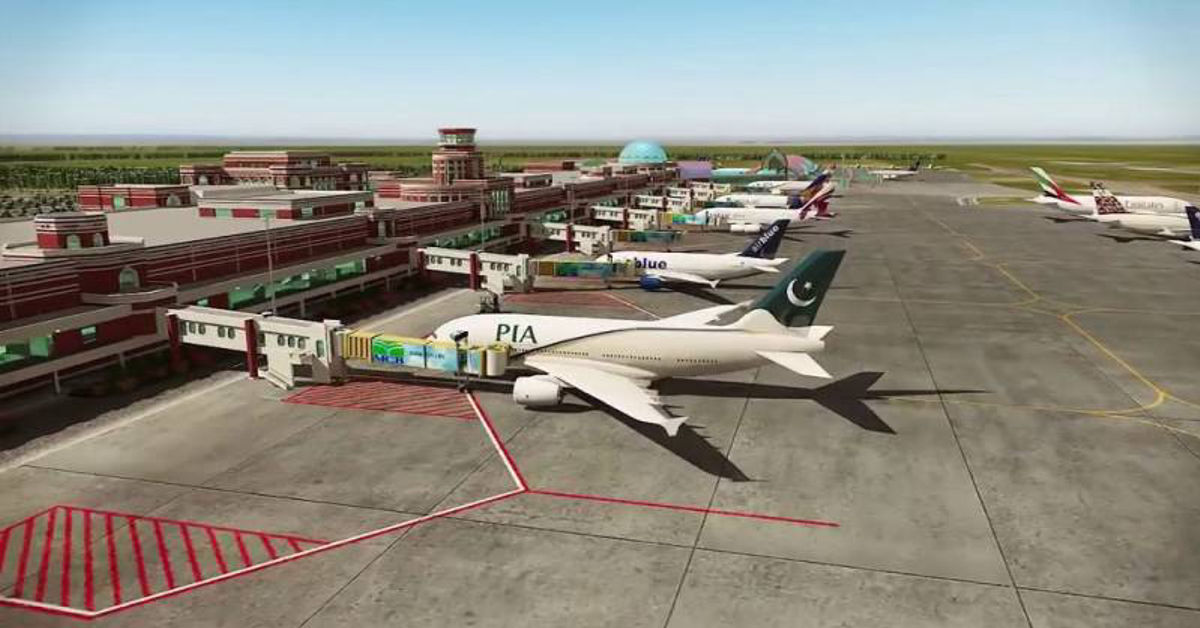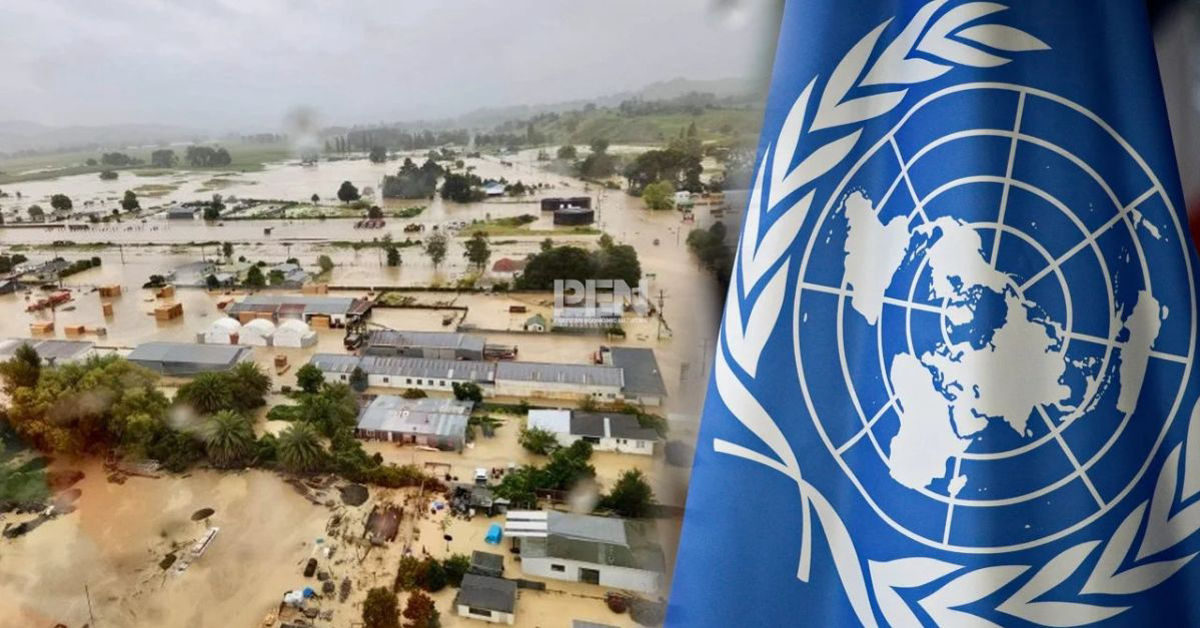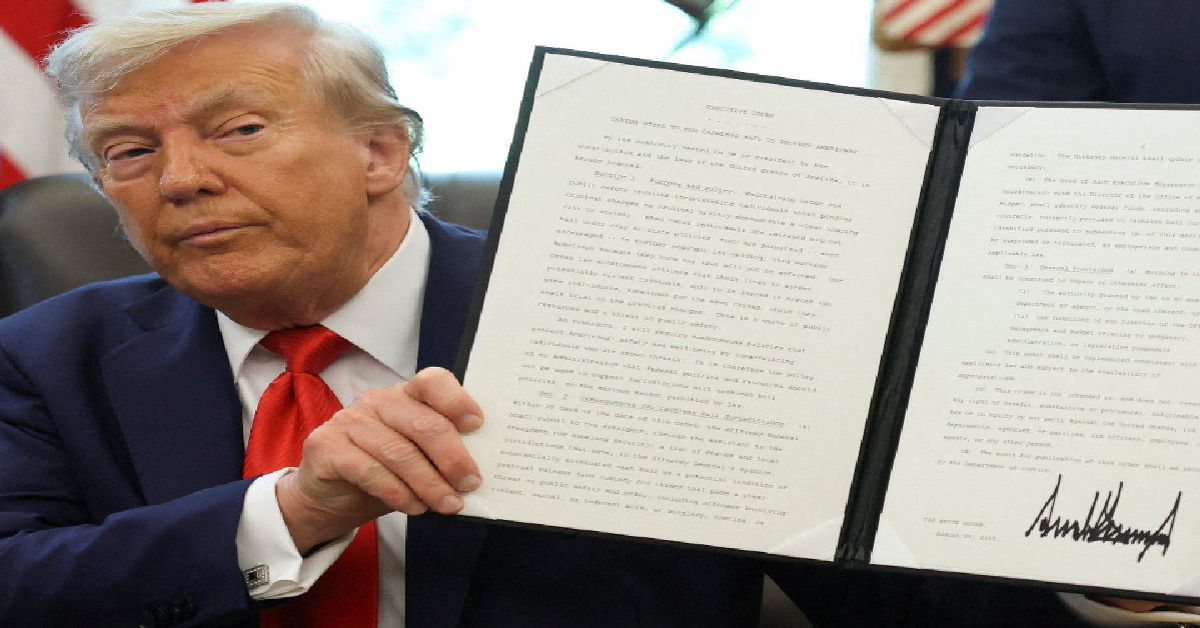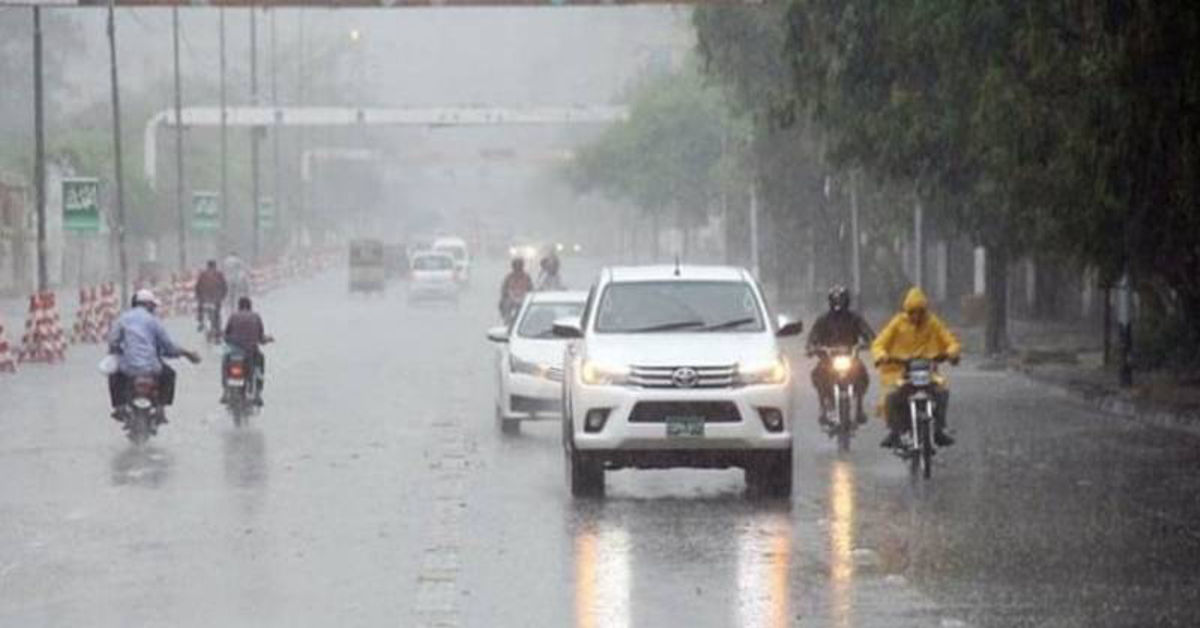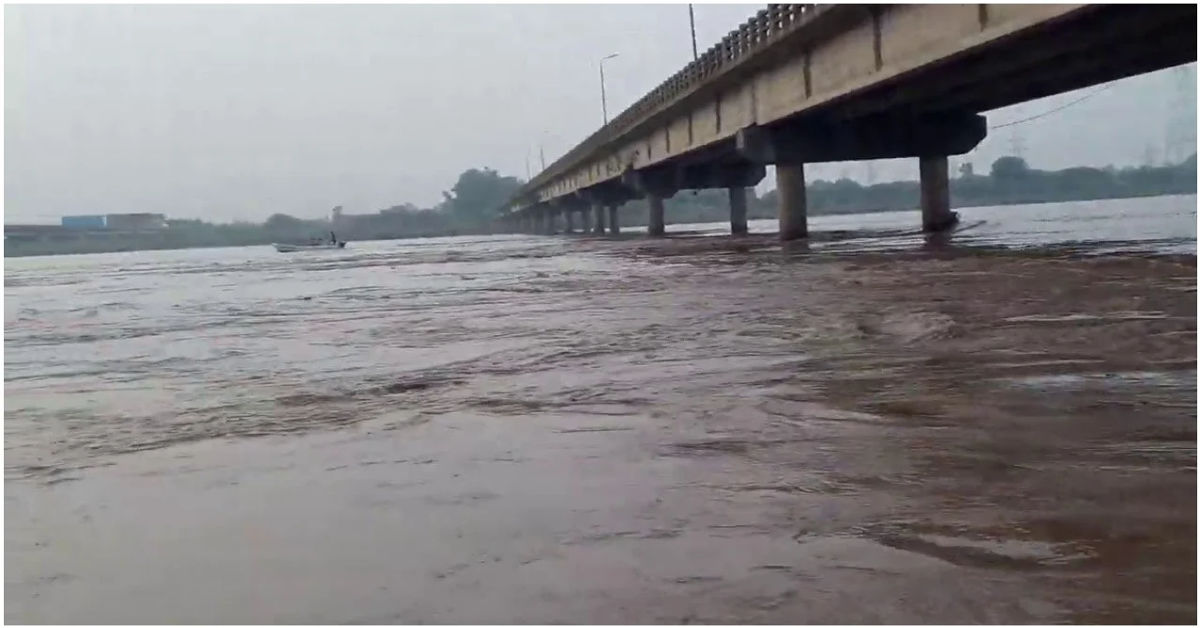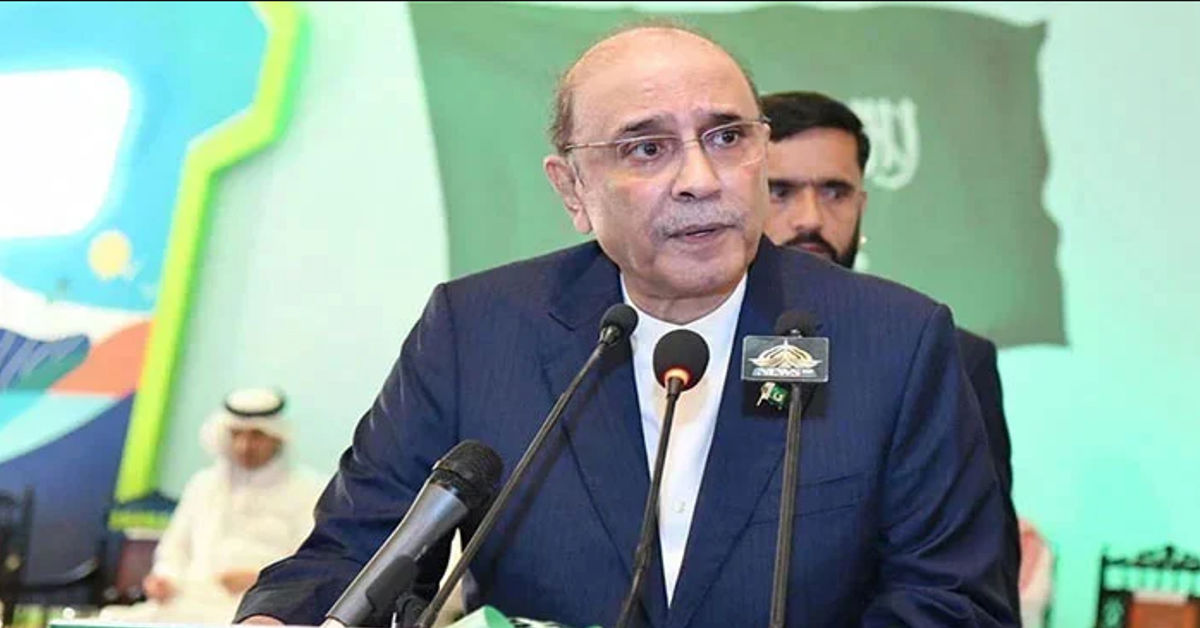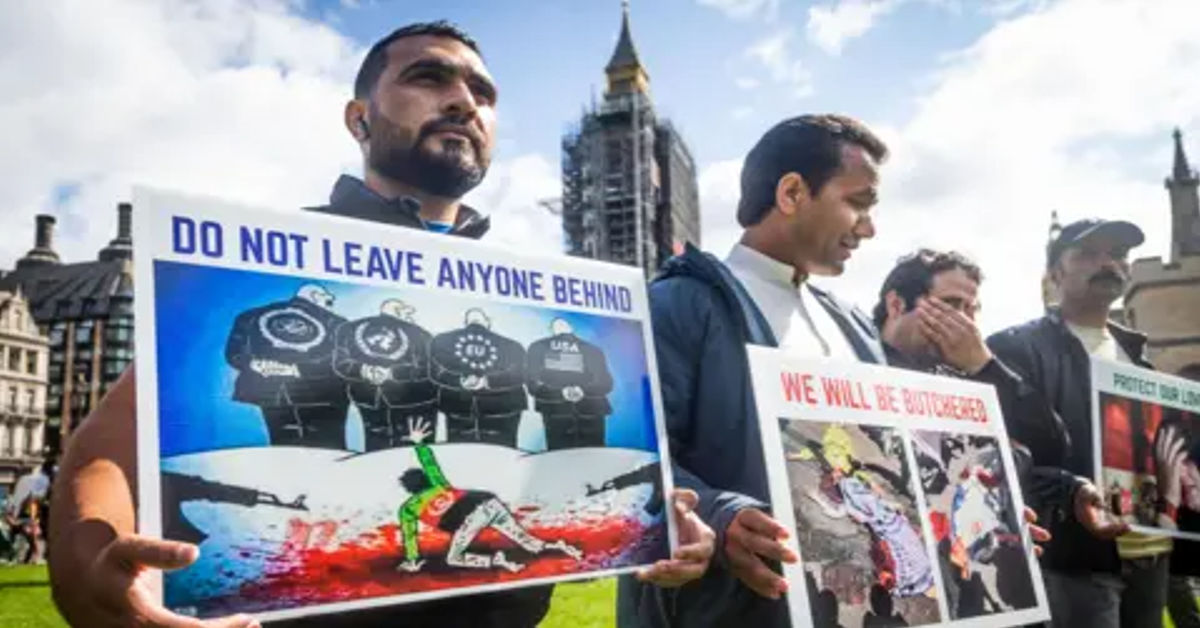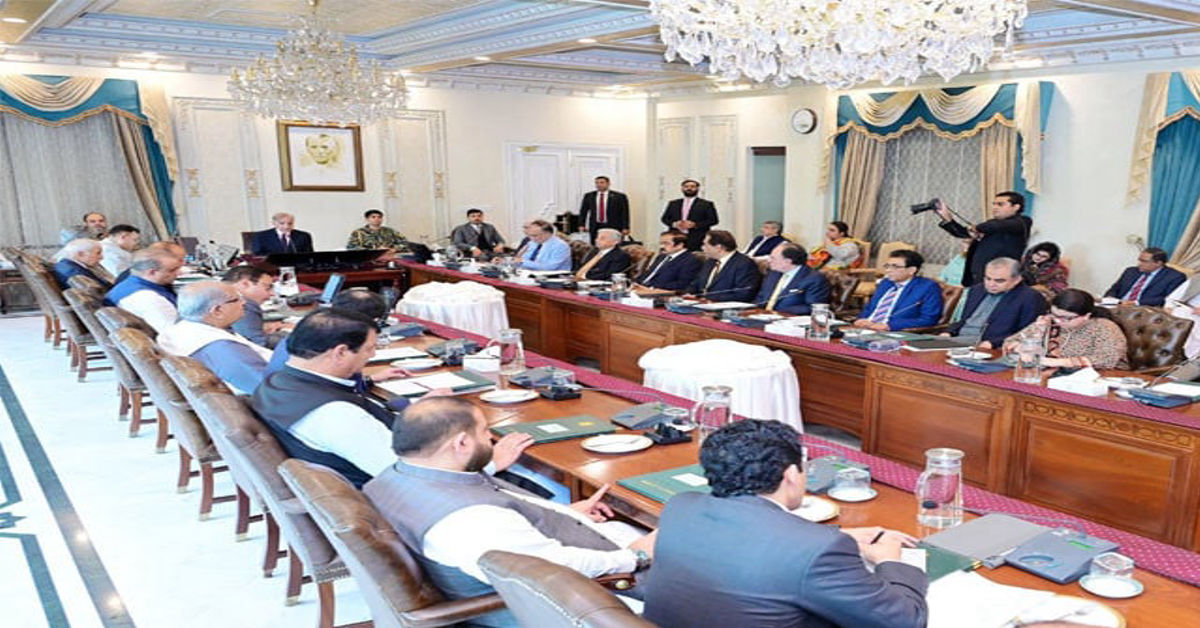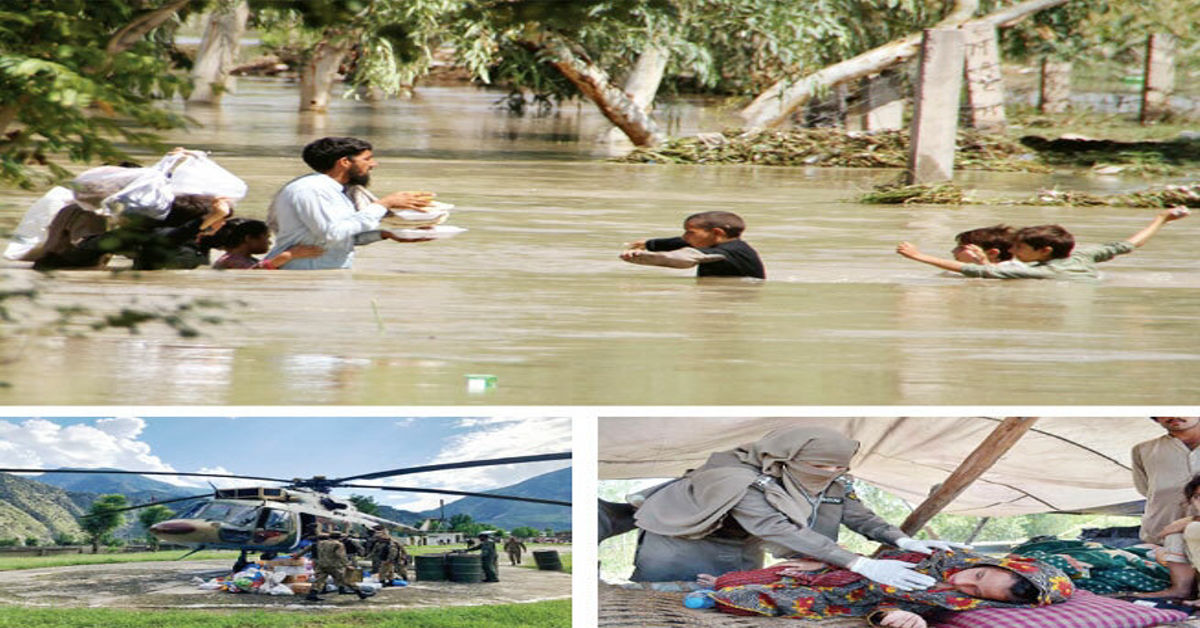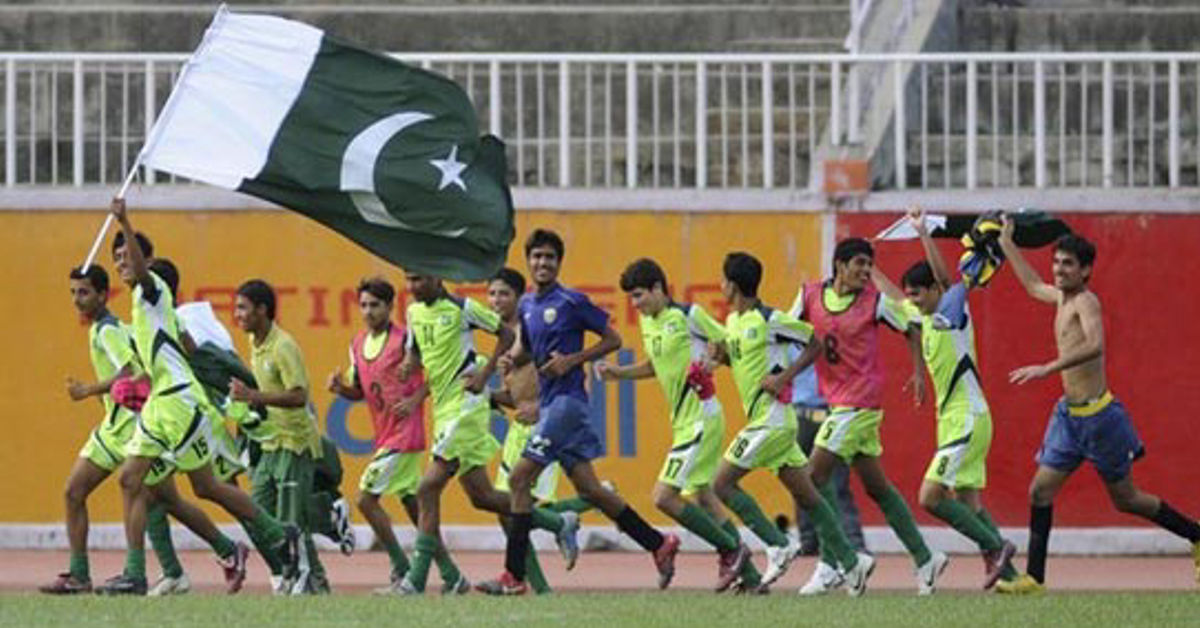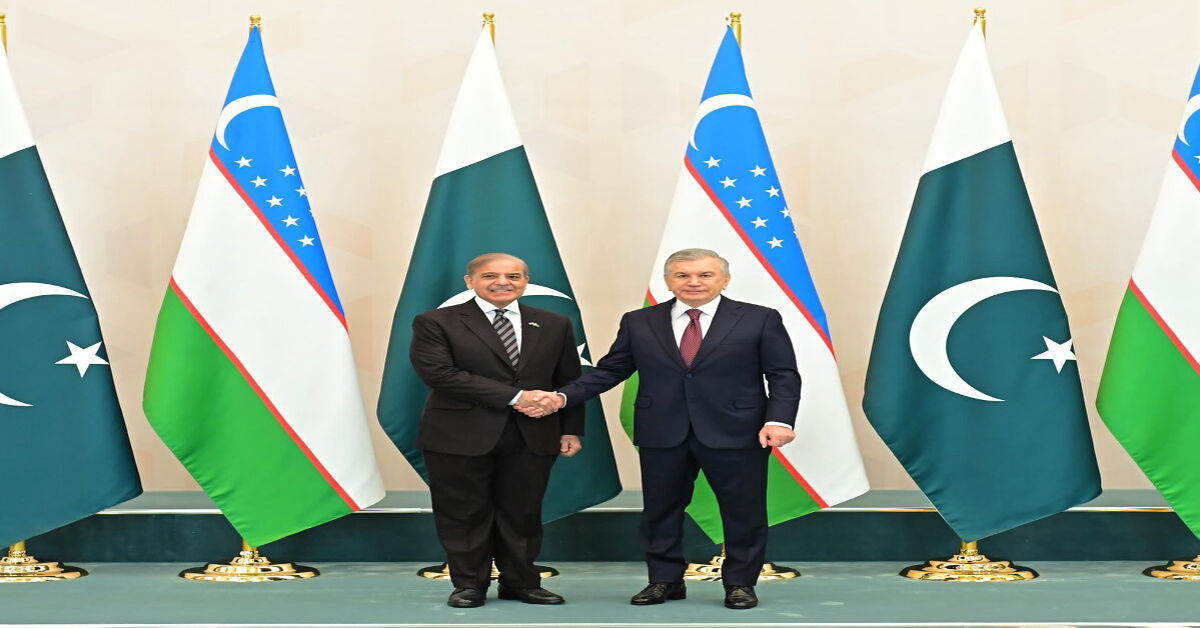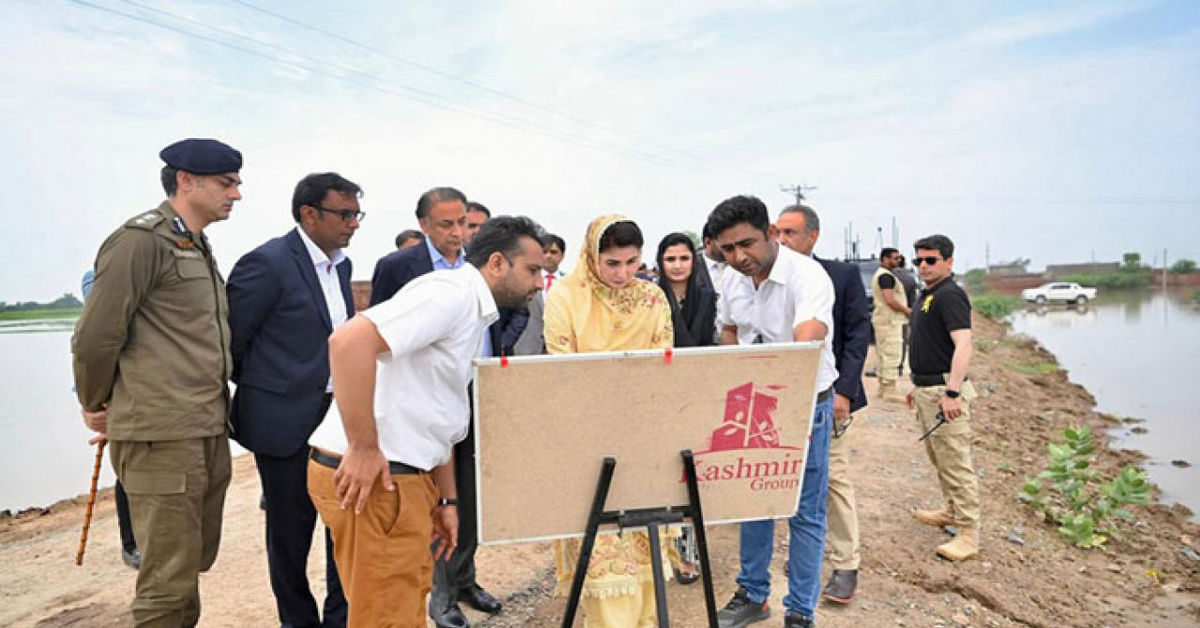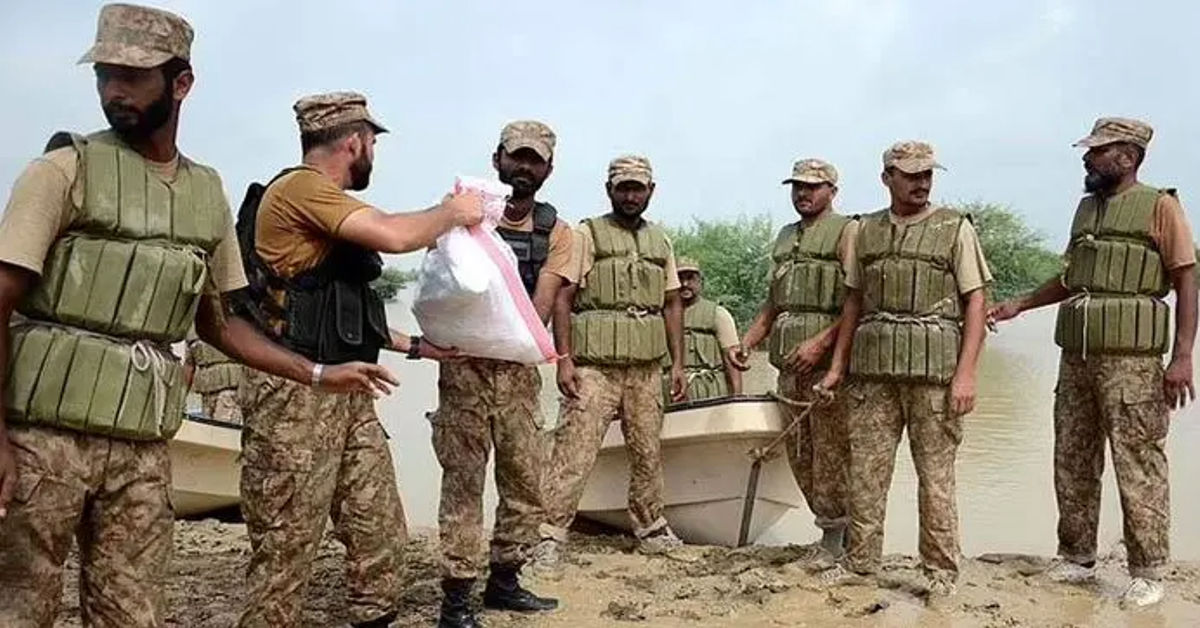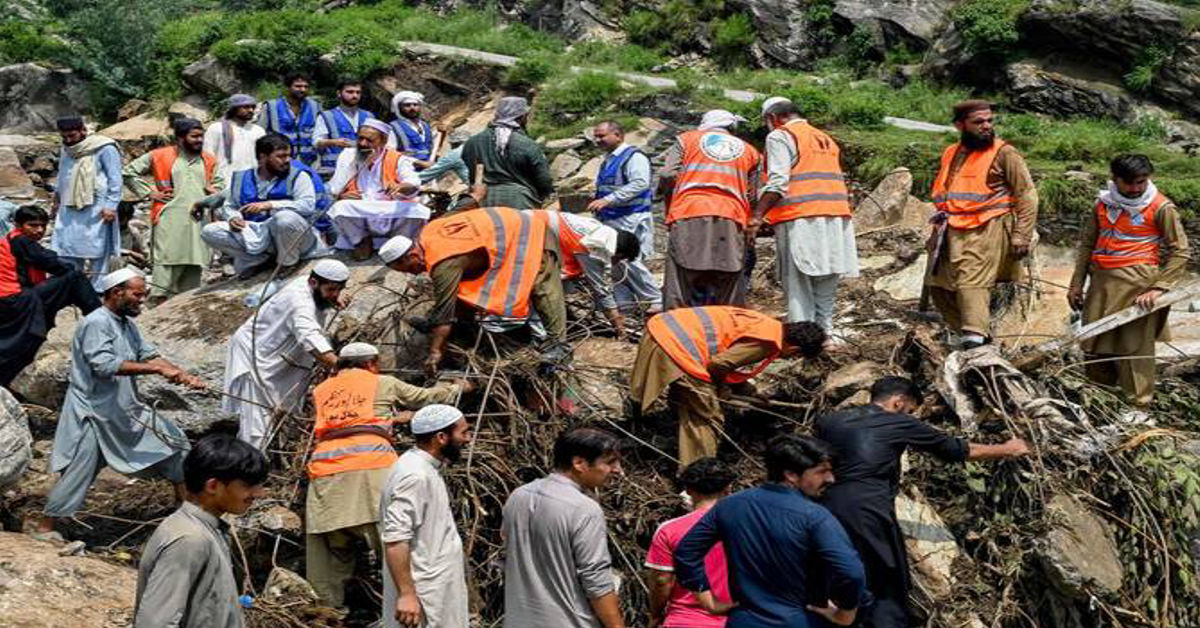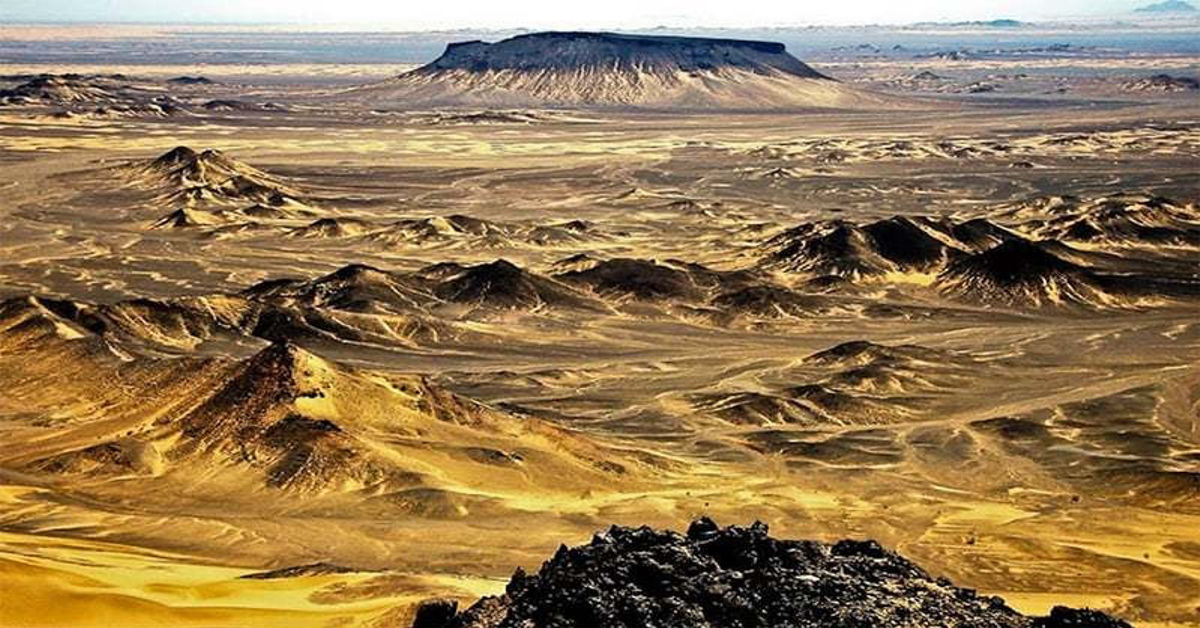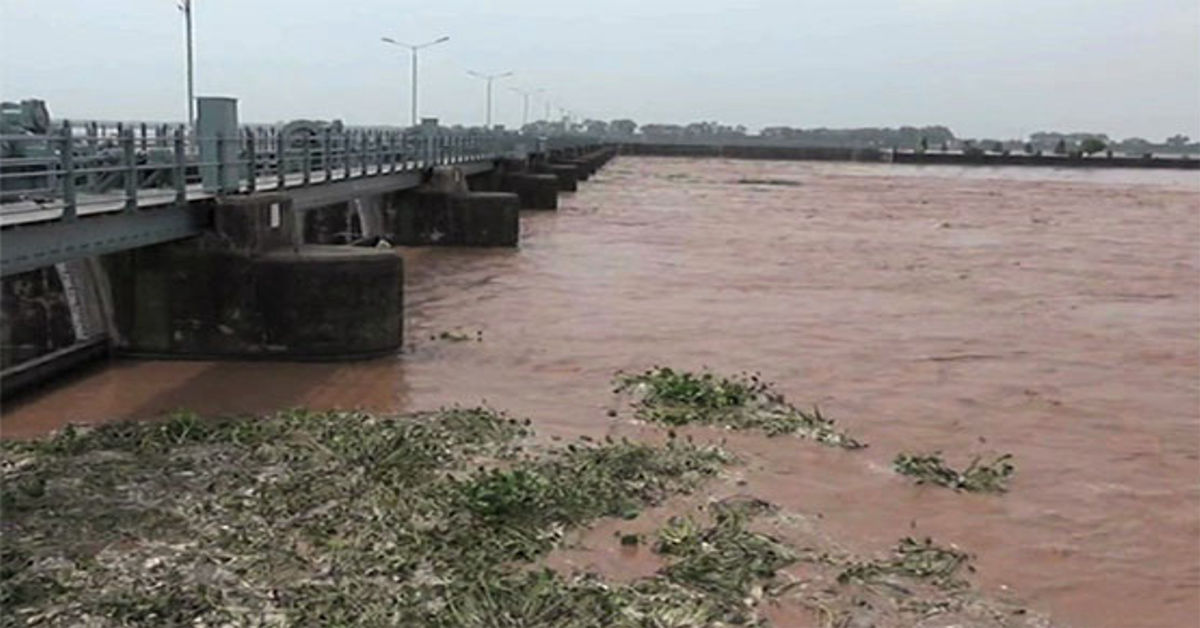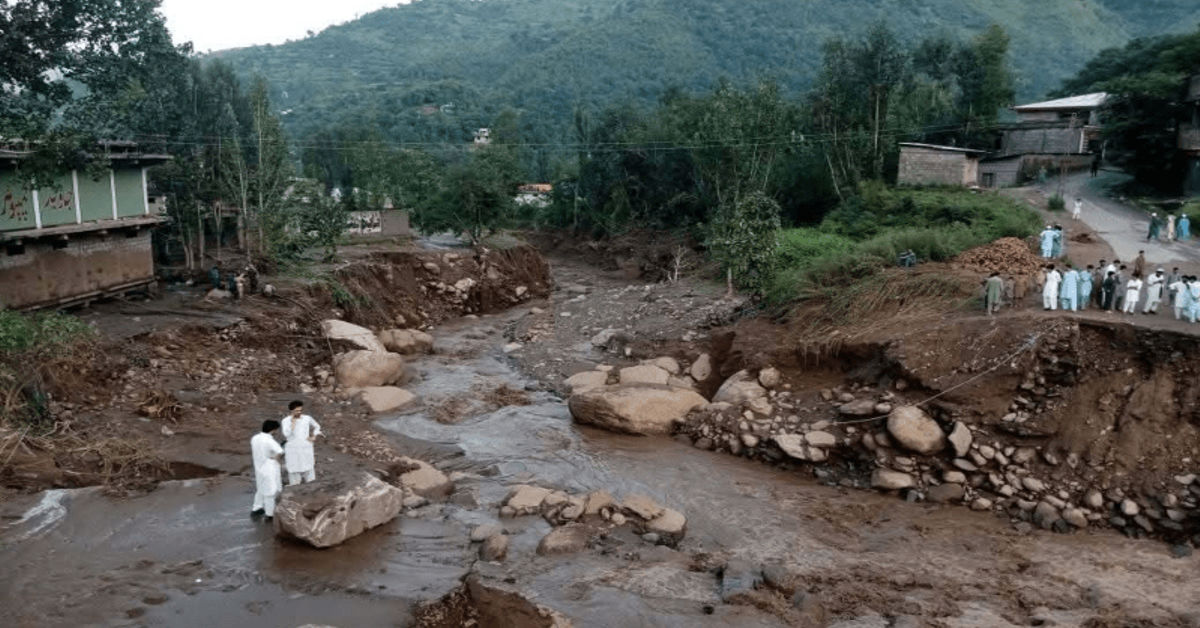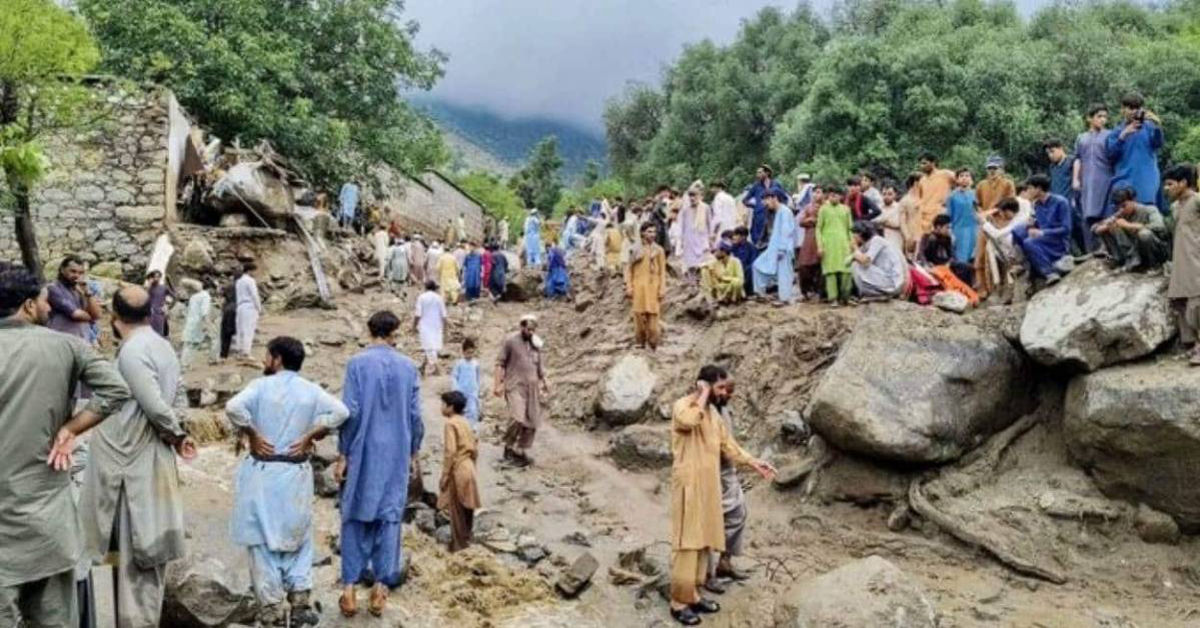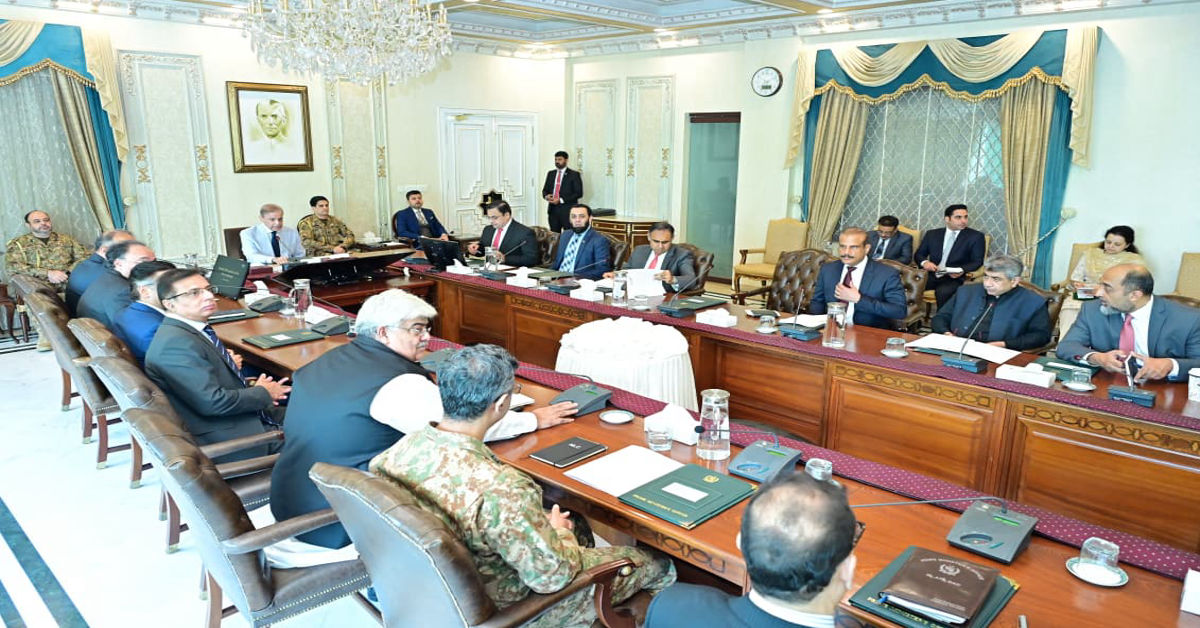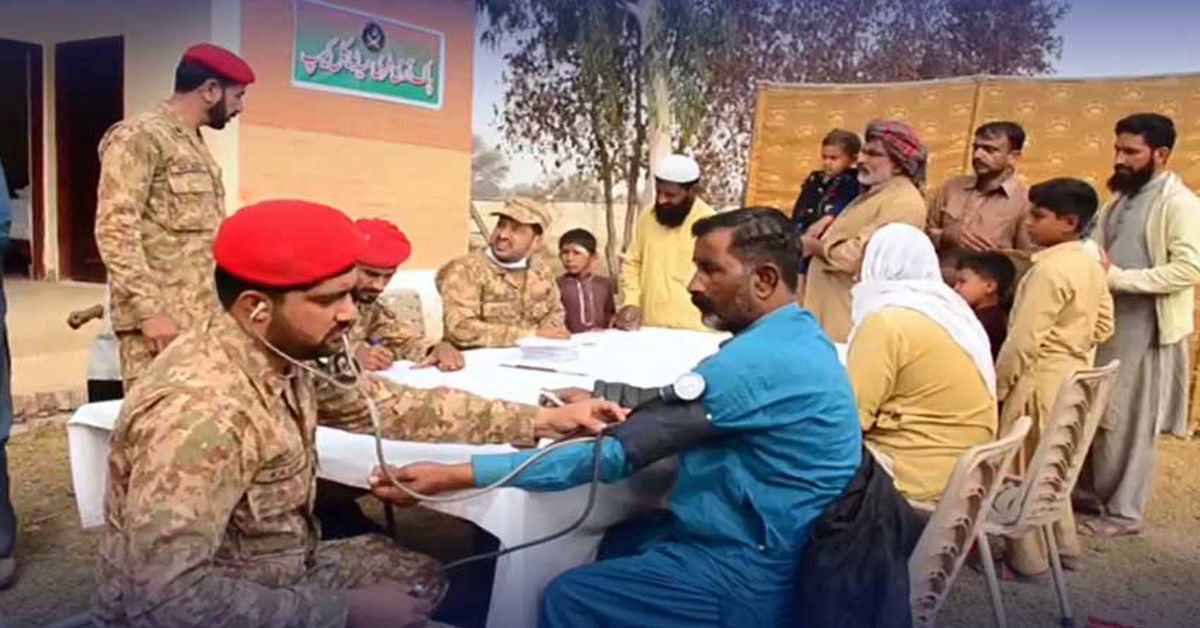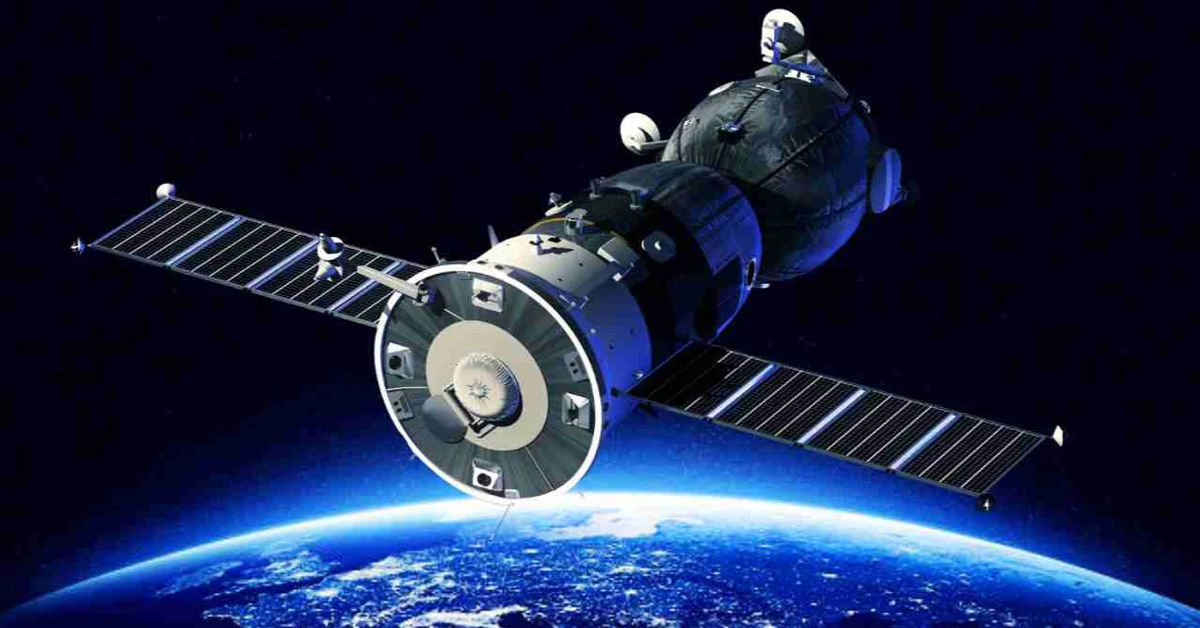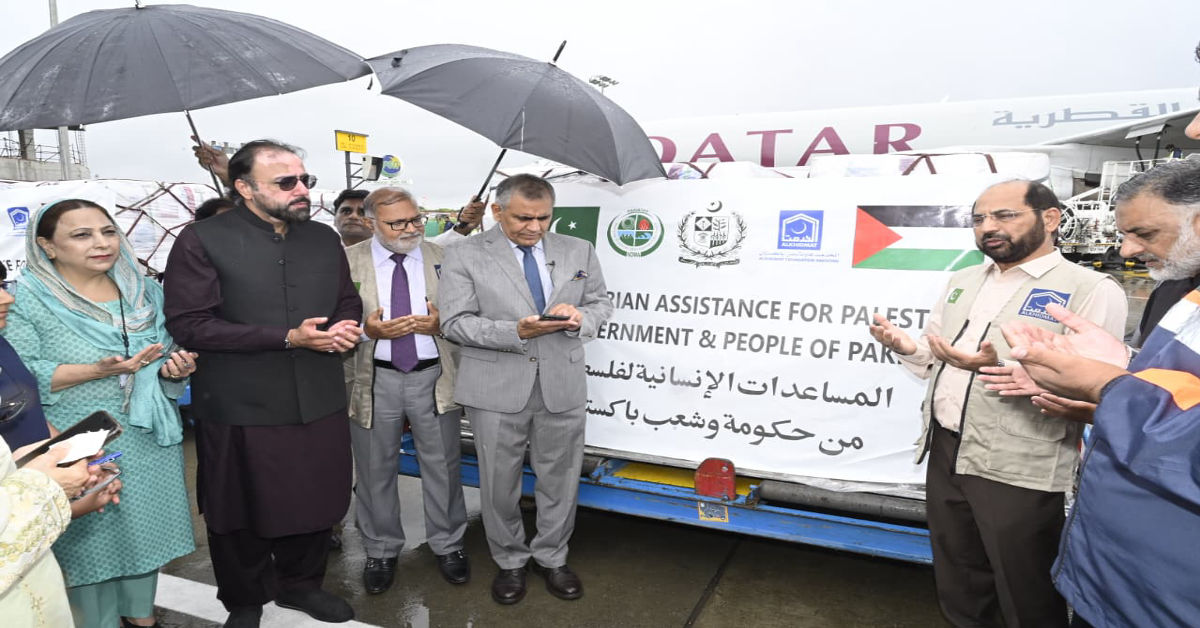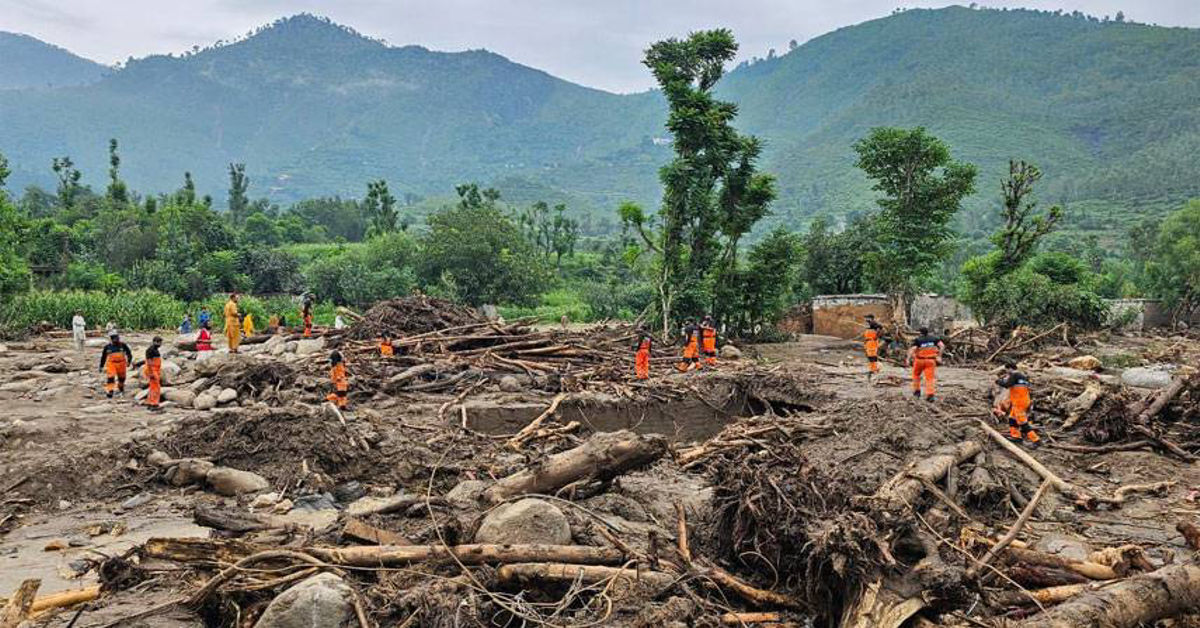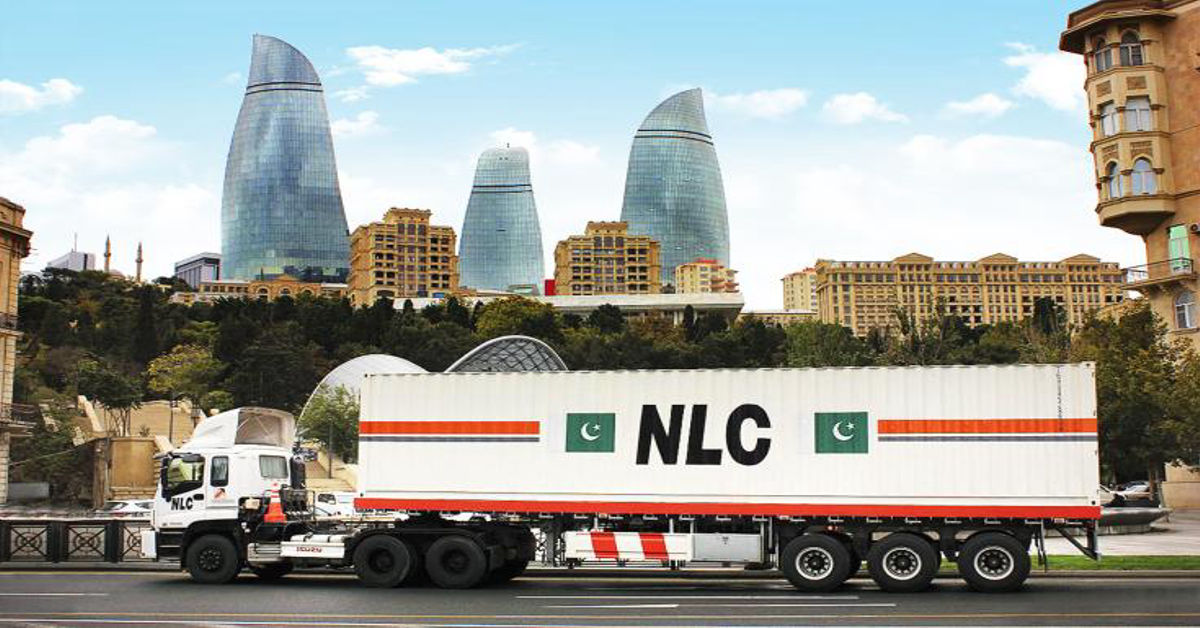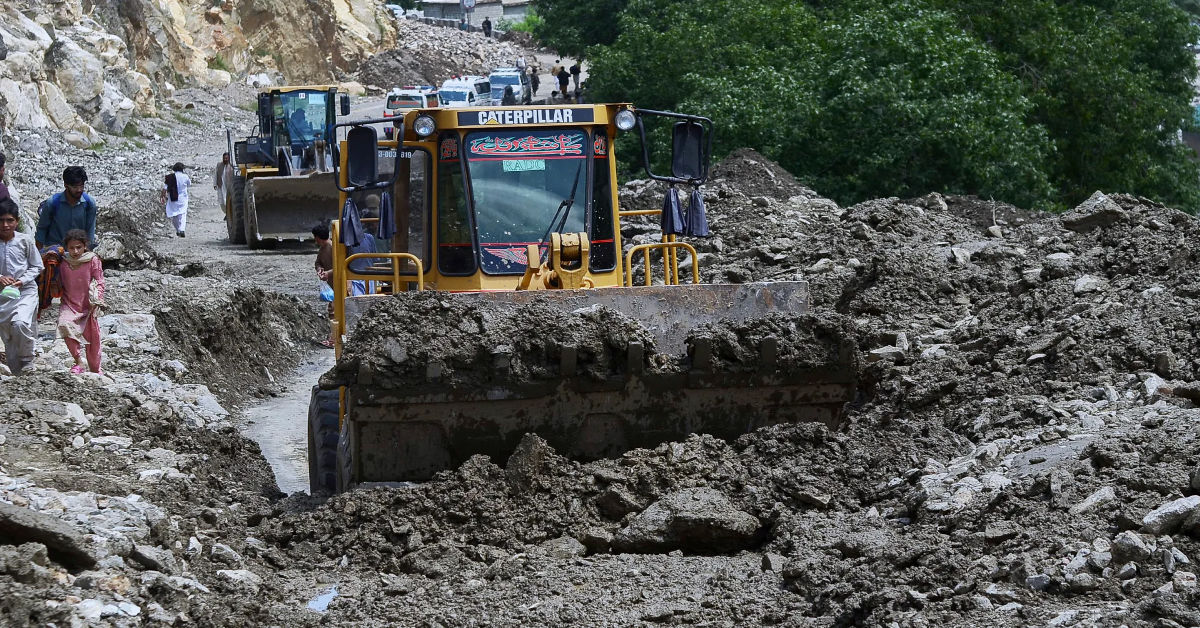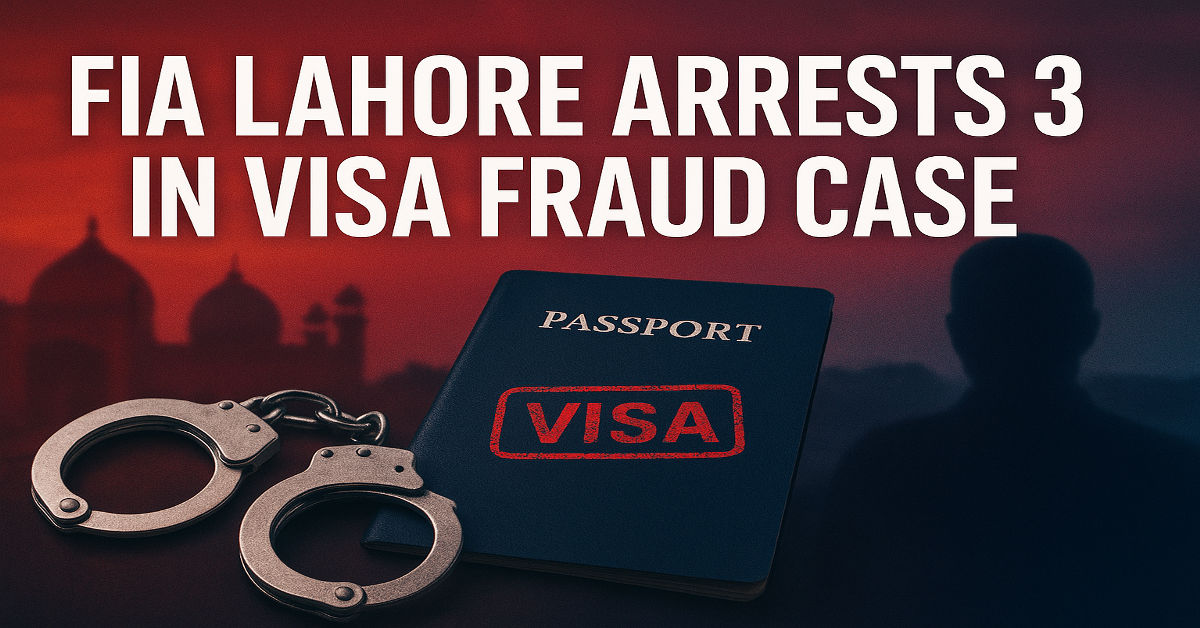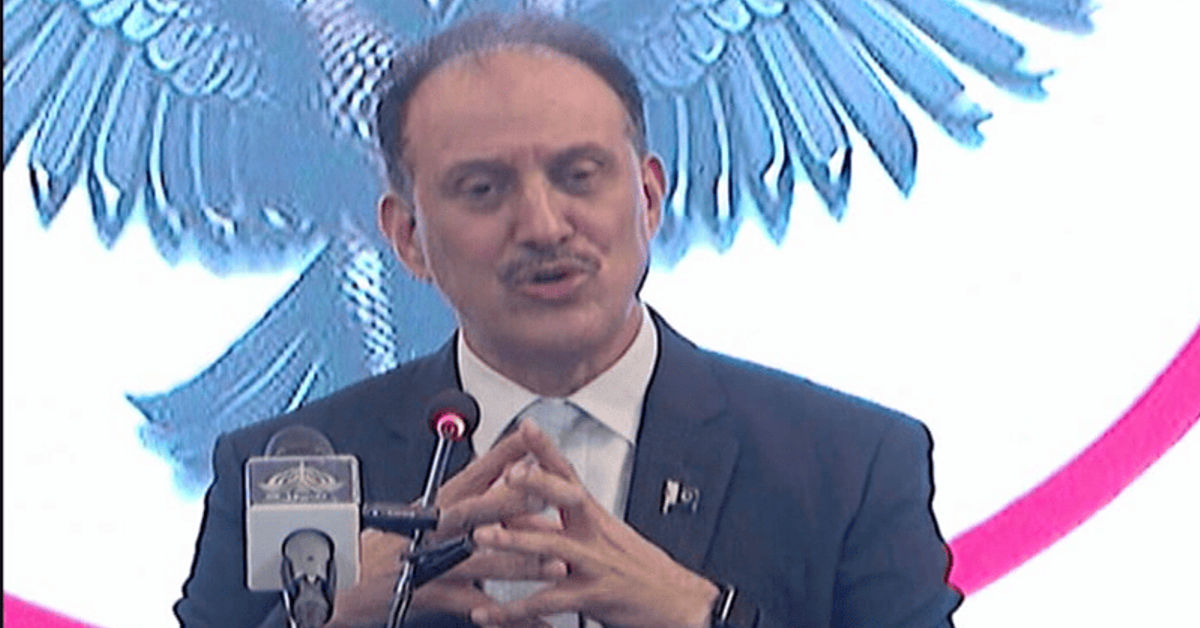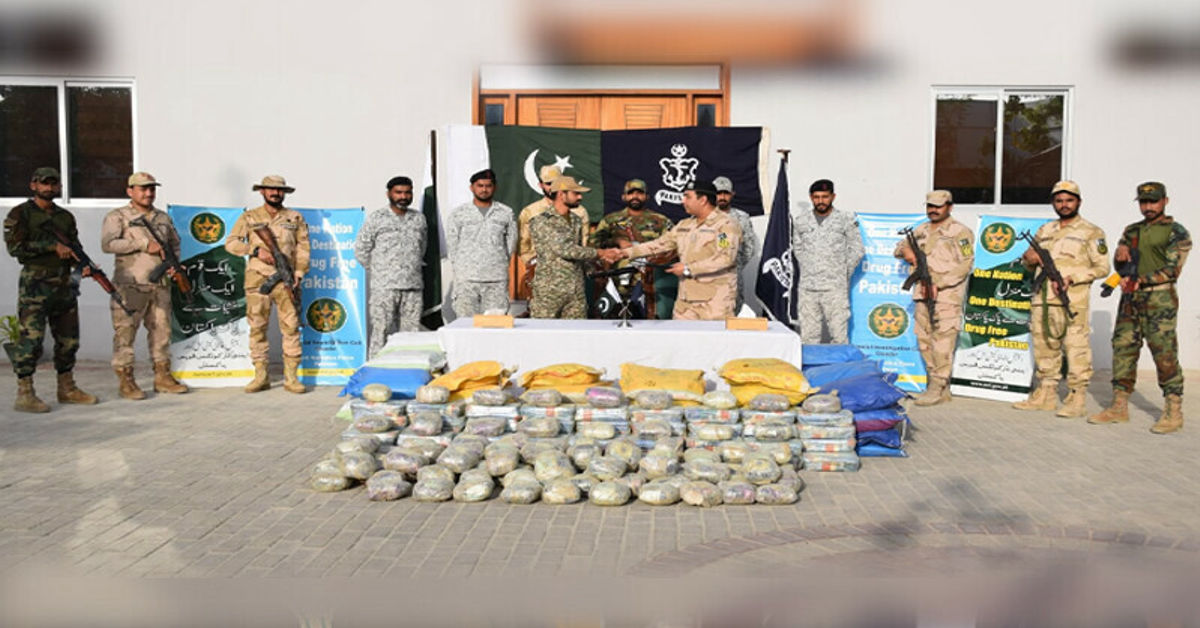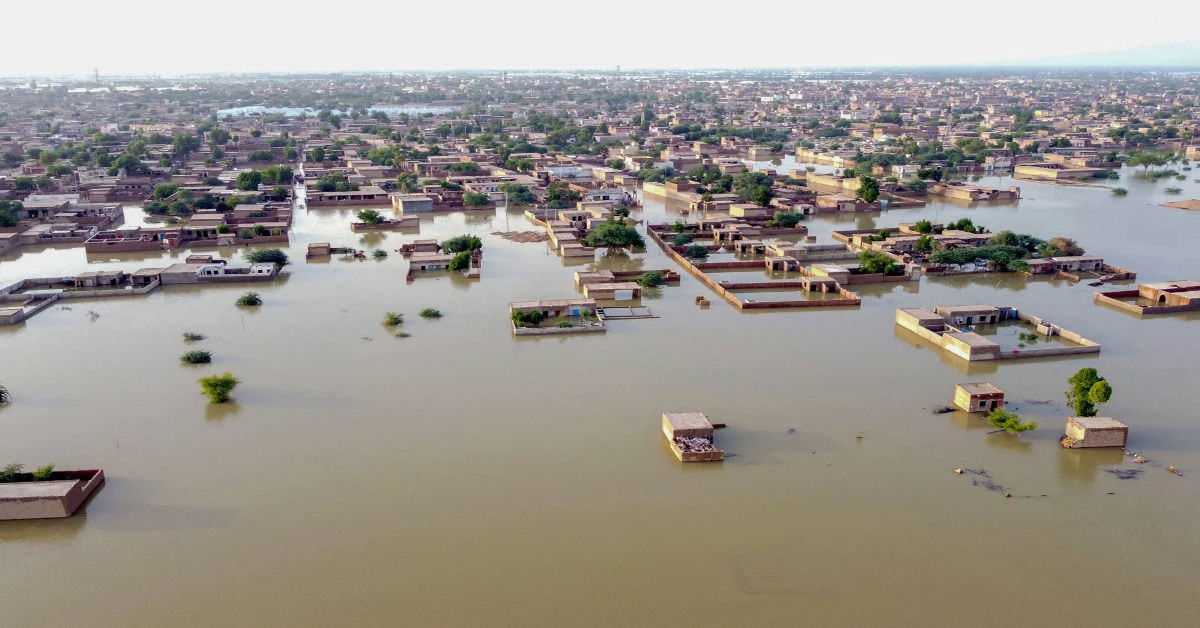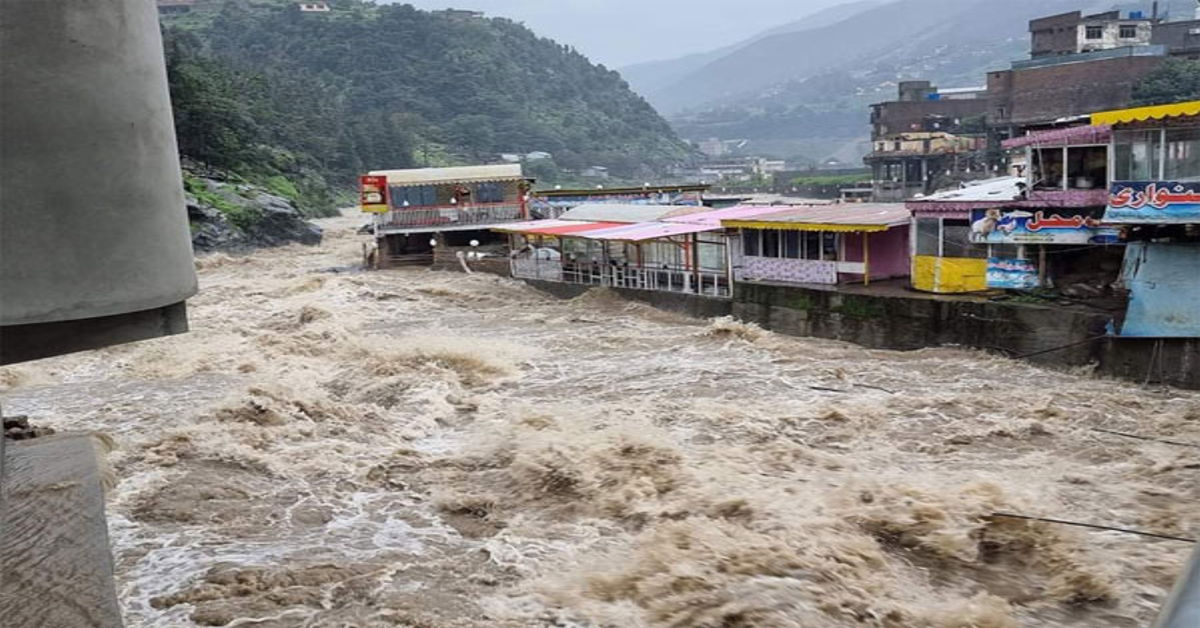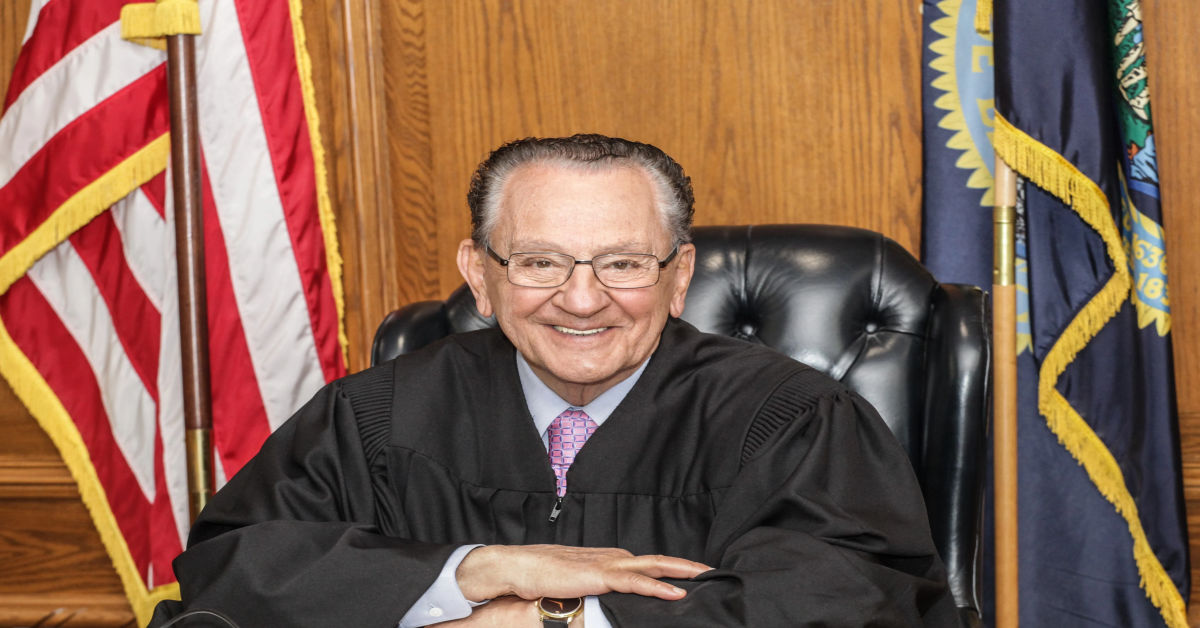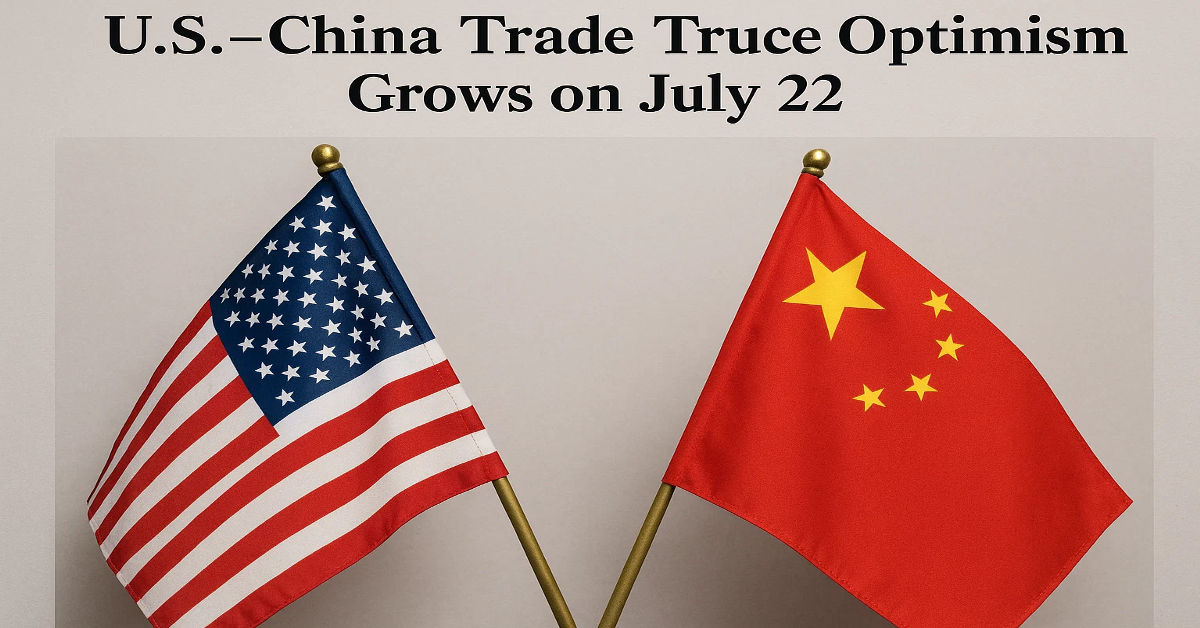
The “Day of Gratitude” is observed in Pakistan to recognise the valour, selflessness, and tenacity of its military. Nationwide parades, ceremonies, and educational initiatives honour the military’s contribution to national defence and unity on this day. People use phrases like “Pakistan Zindabad” to show their gratitude for Youm-e-Tashakur, which is a symbol of national appreciation. Reaffirming the nation’s unity and patriotism, the day also highlights the military’s non-combative contributions, such as disaster relief and counterterrorism.
Celebration of National Appreciation
Pakistan’s Celebration of National Appreciation honours the military’s sacrifices and commitment with a heartfelt tribute. It brings the country together in appreciation and is celebrated with parades, ceremonies, and public gatherings. While citizens proudly show their support with slogans like “Pakistan Zindabad,” reinforcing national unity and pride, schools and the media are crucial in fostering a sense of patriotism. This day honours the bravery of those who defend the country. Future generations are also motivated to value sacrifice and service by the celebration.
Intelligence and Early Response
The prompt and precise intelligence obtained beforehand was a major factor in Pakistan’s successful performance in this war. The military was able to predict enemy movements through their surveillance and reconnaissance efforts. Youm-e-Tashakur is a reminder of those times when national cohesion and strategic readiness were essential. As a result, when the Indian side crossed a red line, the Pakistan Army was able to quickly respond and position its forces effectively. Rapid troop mobilisation and well-coordinated air support guaranteed the protection of the nation’s borders and the minimal loss of strategic positions.
Ground Operations and Tactical Superiority
Pakistani soldiers demonstrated bravery and tactical skill on the battlefield. The army successfully repelled multiple significant Indian advances and executed defensive manoeuvres in Kashmir. To secure vital areas, infantry units and Special Forces collaborated closely. Pakistan gained a strategic advantage through real-time battlefield communication and drone surveillance. The Indian forces were forced to retreat and reevaluate their offensive strategy after being driven back and having some of their command posts neutralised.
Role of the Air Force
The Pakistan Air Force (PAF) provided essential support, but the ground forces were also very important. Indian air activity prompted the immediate scrambling of fighter jets, and several aerial engagements occurred. The enemy’s supply lines and bunkers were destroyed by precision airstrikes. The army and air force’s cooperation were crucial in changing the course of events. India’s attacks were rendered much less effective by the well-coordinated operations, which demonstrated Pakistan’s ability to conduct joint warfare.
Public Sentiment and National Unity
Back home, Pakistanis were united in support of their military. Rallies were held in major cities to show support for the military, and social media was inundated with messages of solidarity. Later on, Youm-e-Tashakur came to represent this spirit of unity, paying tribute to the public’s steadfast support throughout the war. Every update that suggested progress on the battlefield was welcomed by the public, who prayed for the soldiers’ safety. People from all walks of life united to support the forces because of the strong sense of patriotism. The soldiers’ morale on the front lines was further raised by this sense of national unity.
Declaring the Victory
India chosen diplomatic channels to request a ceasefire following several days of fighting. Pakistan concurred but stated unequivocally that it would always protect its sovereignty. International observers observed that while India had fallen short of its goals, Pakistan had been able to seize and defend all of the important areas. Many in Pakistan viewed the result as a victory. Journalists and analysts started reporting on tales of national resiliency, strategic success, and bravery. The success of the military was widely acknowledged as a result of this event.
How the Pakistan Army Celebrated Their Win?
The Pakistan Army was unprepared for an exuberant or violent celebration after the war was over. Rather, they emphasised solidarity and pride while paying tribute to the sacrifices made. Soldiers who demonstrated exceptional bravery received medals and commendations. Quiet ceremonies honouring fallen heroes were held in army units and cantonments. In the meantime, Islamabad hosted a formal military parade that demonstrated the forces’ modern capabilities, discipline, and training. The recent battle between the Pakistani army and India, as well as their victory celebrations, became a hot topic on news sites.
The Role of the Media
On this day, the media has made an important difference. News outlets broadcast military operations, documentaries, and interviews with veterans of war. Viewers are given a human connection to the armed forces through special segments that highlight the personal stories of soldiers and their families.The army’s discipline and loyalty are praised in editorials and opinion pieces published by newspapers.Videos, tributes, and patriotic messages abound on social media platforms as well. As millions of Pakistanis share images, quotes, and messages in support of their army, hashtags become popular across the country. As each citizen participates in their own unique way, the celebration becomes both national and personal.
Conclusion
At the basis of this national observance is one of the most significant themes: unity. All citizens, regardless of geography, language, or origin, unite under a single flag on this day, putting aside political differences. With soldiers from every province and community serving alongside one another, the military represents national unity, and Youm-e-Tashakur exemplifies this spirit of unity. The message is unmistakable: Pakistan is most powerful when it is united. The day serves as a reminder of the value of discipline, loyalty, and national unity among both civilians and members of the armed forces.



